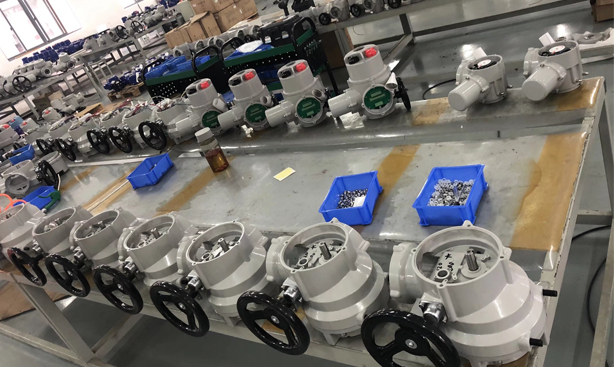Top Suppliers of Cryogenic Globe Valves for Efficient Temperature Control in Various Industries
The Importance of Cryogenic Globe Valve Suppliers in Industrial Applications
In various industrial applications, particularly in the fields of liquefied gas storage and transportation, cryogenic globe valves play a critical role in maintaining safe and efficient operations. These specialized valves are designed to operate at extremely low temperatures, which can be as low as -196°C (-321°F), making them essential in sectors such as aerospace, natural gas, and liquefied natural gas (LNG) production and distribution. The role of cryogenic globe valve suppliers is therefore pivotal in ensuring that industries receive reliable, high-quality products that meet their specific operational needs.
Understanding Cryogenic Globe Valves
Cryogenic globe valves are engineered to manage the flow of cryogenic fluids while providing excellent throttling capabilities. Their design typically includes specialized materials that can withstand extreme temperatures, such as stainless steel and various alloys. These materials not only ensure durability and reliability but also help in preventing issues such as thermal expansion and contraction, which can lead to leaks or valve failures.
The Role of Suppliers
Cryogenic globe valve suppliers are responsible for providing valves that meet rigorous industry standards and specifications. They must ensure that their products undergo comprehensive testing to confirm their performance under cryogenic conditions. This includes pressure testing, leakage testing, and functionality assessments. Suppliers also play a crucial role in educating clients about the specific requirements of cryogenic systems, helping them select the most appropriate valves for their applications.
When sourcing cryogenic globe valves, industries should consider suppliers that offer a wide range of products, including various sizes, pressure ratings, and configurations. This diversity allows for tailored solutions that fit the unique demands of different processes, whether it involves transporting LNG, storing liquid oxygen, or even applications in the pharmaceutical or semiconductor industries.
Quality and Certification
cryogenic globe valve suppliers

Quality assurance is critical in the manufacturing of cryogenic valves. Suppliers must adhere to stringent international standards such as ASME, ANSI, and ISO certifications. These standards ensure that the valves not only perform optimally but are also safe for use in environments where extreme temperatures and pressures are present.
Additionally, reputable suppliers will provide documentation regarding the materials used in their valves, including certifications that verify their resistance to cryogenic conditions. This transparency is essential for clients as it helps them ensure that the valves will perform reliably over time.
After-Sales Support and Services
Another important aspect of selecting a cryogenic globe valve supplier is the level of after-sales support they provide. This can include installation assistance, maintenance services, and troubleshooting guidance. Given the complexities of cryogenic systems, ongoing support is vital for minimizing downtime and ensuring that operations run smoothly.
Furthermore, suppliers that invest in research and development can offer innovative solutions tailored to emerging industry challenges. Technologies such as automated valves and smart monitoring systems are becoming increasingly significant, and suppliers that stay ahead of these trends will provide added value to their clients.
Conclusion
In conclusion, the role of cryogenic globe valve suppliers extends beyond merely providing products. They are essential partners in the industrial sector, contributing to the safe and efficient operation of cryogenic systems. As industries continue to advance and demand higher standards of safety and efficiency, the importance of selecting a reliable cryogenic globe valve supplier will only grow. Emphasizing quality, certification, and robust after-sales support will help industries navigate the complexities of their applications and optimize their processes.
-
The Key to Fluid Control: Exploring the Advantages of Ball Valves in Industrial SystemsNewsJul.09,2025
-
The Versatile World of 1, 2, and 3 Piece Ball ValvesNewsJul.09,2025
-
Stainless Steel Ball Valves: The Ideal Choice for Efficient Flow ControlNewsJul.09,2025
-
Optimizing Fluid Control with Ball Float ValvesNewsJul.09,2025
-
Manual Gate Valves: Essential for Control and EfficiencyNewsJul.09,2025
-
Everything You Need to Know About Butterfly ValvesNewsJul.09,2025
-
The Versatility of Wafer Type Butterfly ValvesNewsJul.08,2025




